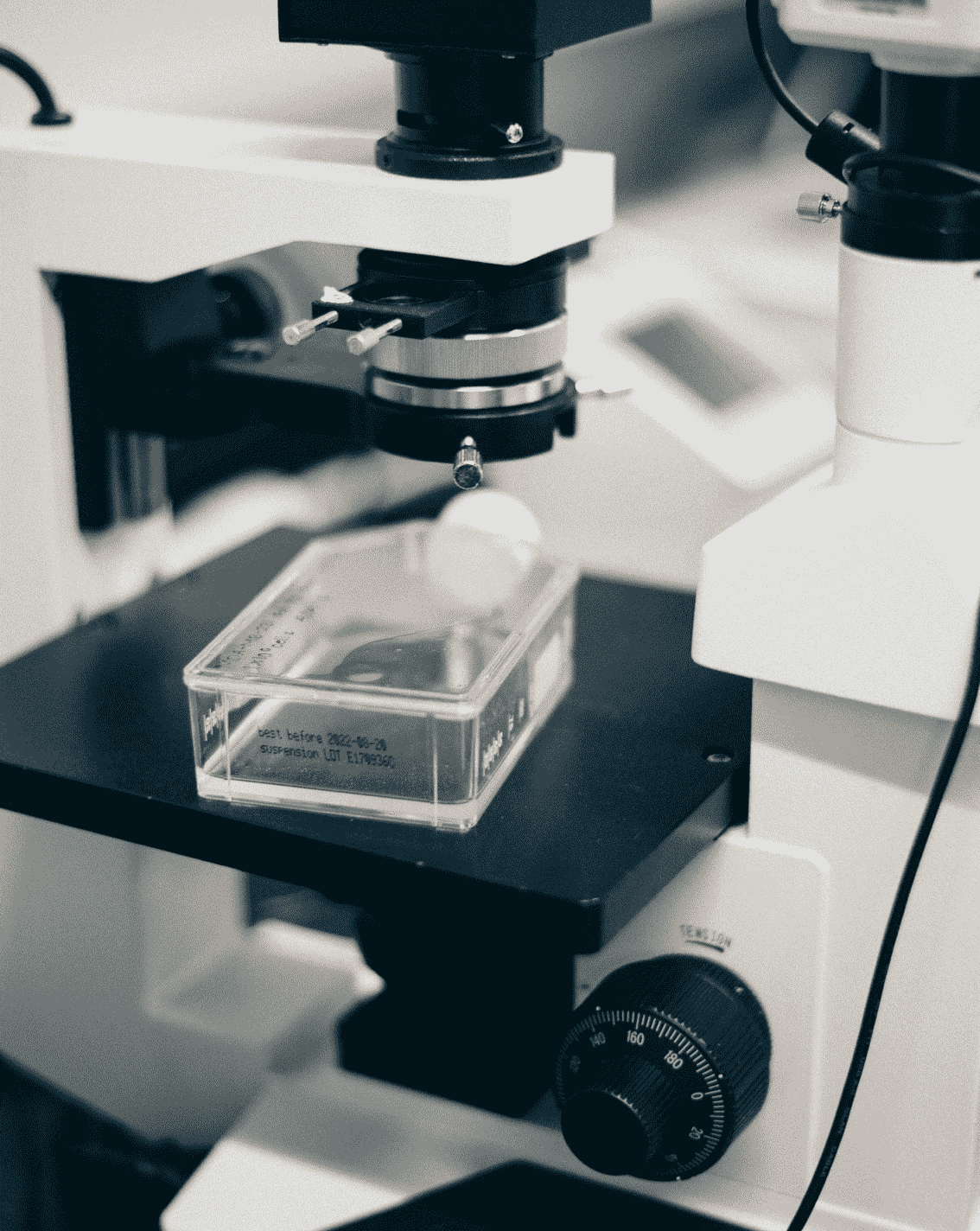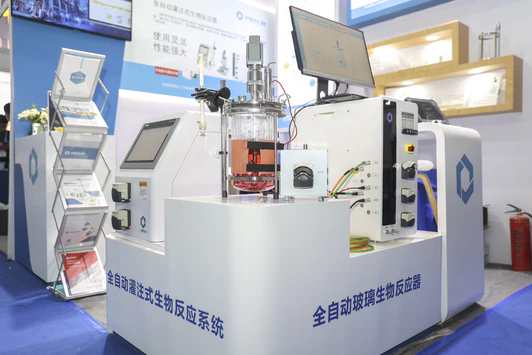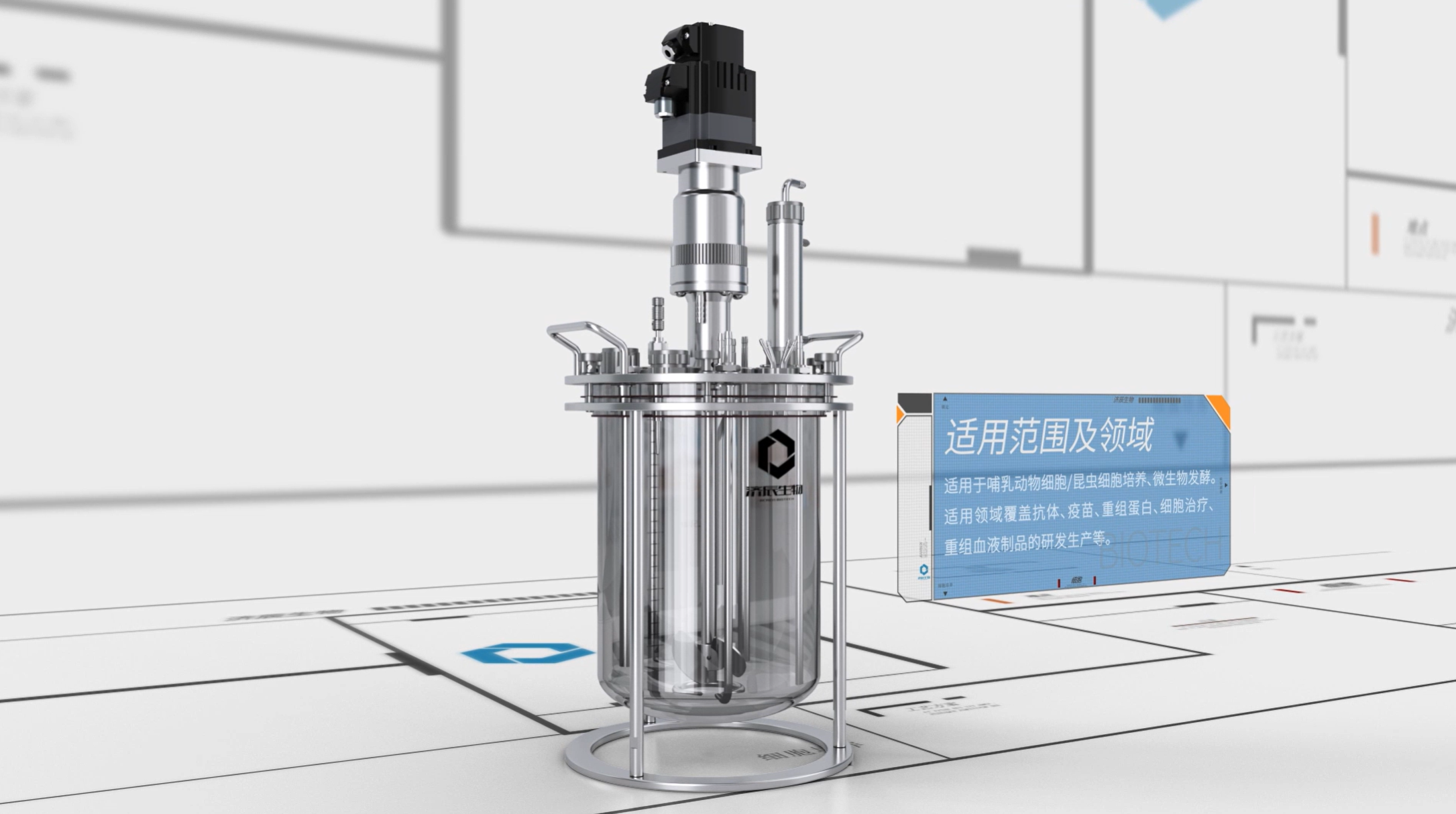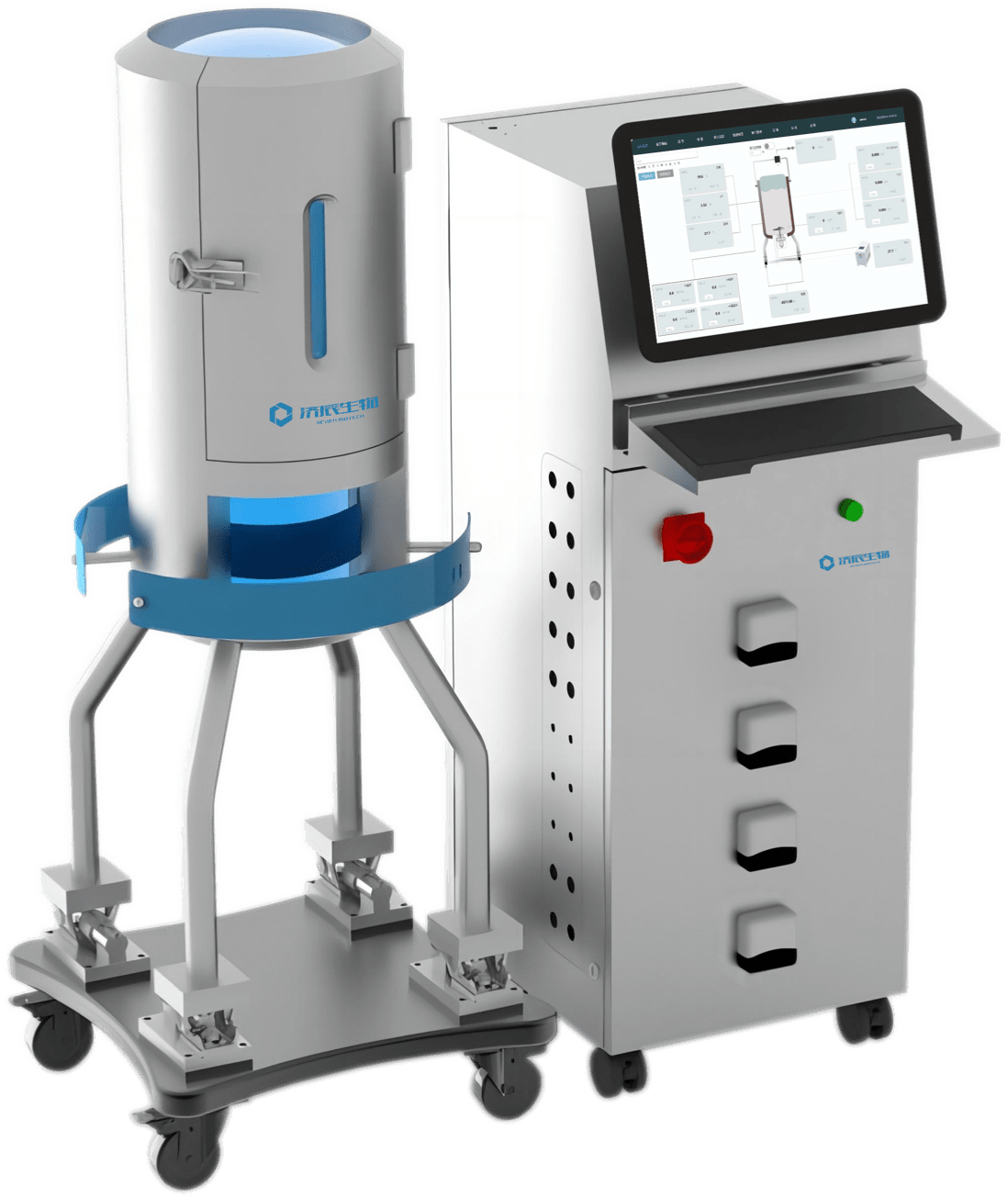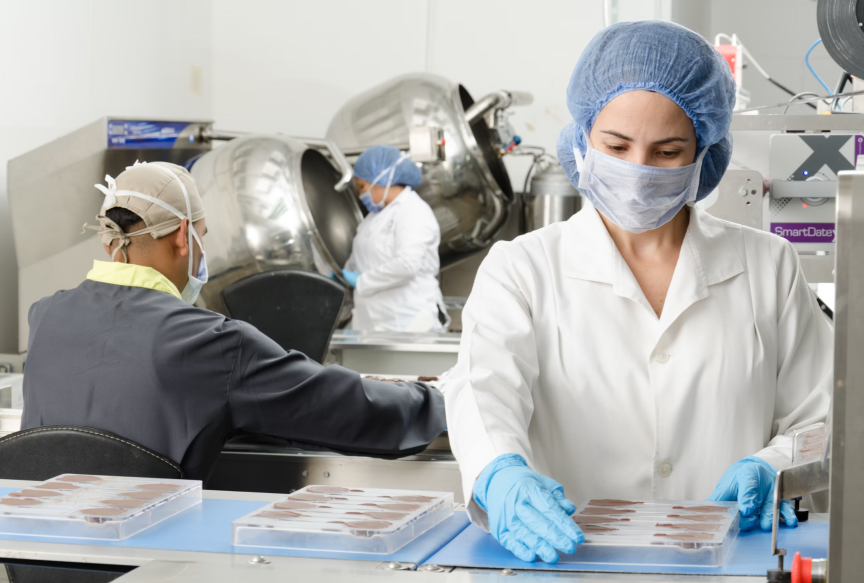Fermentation system is one of the key technologies in the biopharmaceutical industry, which produces drugs, vaccines and biologics through the metabolic activities of microorganisms. This paper discusses the innovative technologies of fermentation systems, application examples in the biopharmaceutical industry, and future development trends, aiming to provide references for the technological progress and market development of the biopharmaceutical industry.
Fermentation systems The innovative technology of
1. The application of genetically engineered bacteria
With the continuous development of genetic engineering technology, highly efficient engineered bacteria constructed by means of gene editing and regulation have been widely used in fermentation systems. These engineering bacteria can increase the yield of target products, reduce the production cost and enhance the competitiveness of products.
2. Enhancement of fermentation process control technology
Modern fermentation systems use advanced sensors, control systems, and data processing technologies to achieve real-time monitoring and precise control of the fermentation process. This includes automated adjustment of key parameters such as pH, temperature, dissolved oxygen, stirring speed, etc., ensuring optimization of the fermentation process.
3. Innovations in fermentation equipment
New types of fermentation equipment, such as stirred bioreactors, gas-lift bioreactors, and immobilized cellular reactors, have improved the productivity and stability of fermentation systems. In addition, the application of single-use bioreactor systems reduces the risk of cross-contamination and improves production safety.
Examples of application of fermentation systems in the biopharmaceutical industry
1. Production of biologic drugs
Fermentation systems play an important role in the production of biologic drugs, for example, recombinant human insulin, growth hormone, interferon, and other biopharmaceuticals depend on fermentation technology. Through fermentation systems, these drugs can be produced on a large scale to meet market demand.
2. Industrialized production of vaccines
Modern vaccine production, such as influenza vaccine, HPV vaccine, etc., mostly adopts fermentation technology. Fermentation systems can provide a stable growth environment to ensure the yield and quality of vaccine antigens.
3. Manufacturing of antibody drugs
Monoclonal antibody drugs are an important branch of the biopharmaceutical industry, and the fermentation system plays a key role in the production of antibodies. By optimizing the fermentation conditions, the expression and purity of antibodies can be improved.
Future trends of fermentation systems in the biopharmaceutical industry
1. Microbiome engineering
With in-depth research on microbiomics, the future of the fermentation system will pay more attention to microbiome engineering application to improve fermentation efficiency and product diversity by regulating microbial community structure.
2. Intelligent fermentation
Intelligent fermentation is an important development direction for future fermentation technology. Using artificial intelligence, big data analysis and other technologies, it realizes automatic optimization and intelligent decision-making in the fermentation process, and improves production efficiency and product quality.
3. Green fermentation
Environmental protection and sustainable development are important topics for future fermentation technology. Green fermentation technology will be committed to reducing energy consumption, reducing waste emissions, and realizing environmental protection and resource recycling in the fermentation process.
Summary}
Fermentation systems, as the core technology of the biopharmaceutical industry, are of great significance in terms of innovation and application to promote the industry. With the continuous progress of science and technology, fermentation systems will play a greater role in the biopharmaceutical industry, providing more possibilities for human health and disease treatment.
